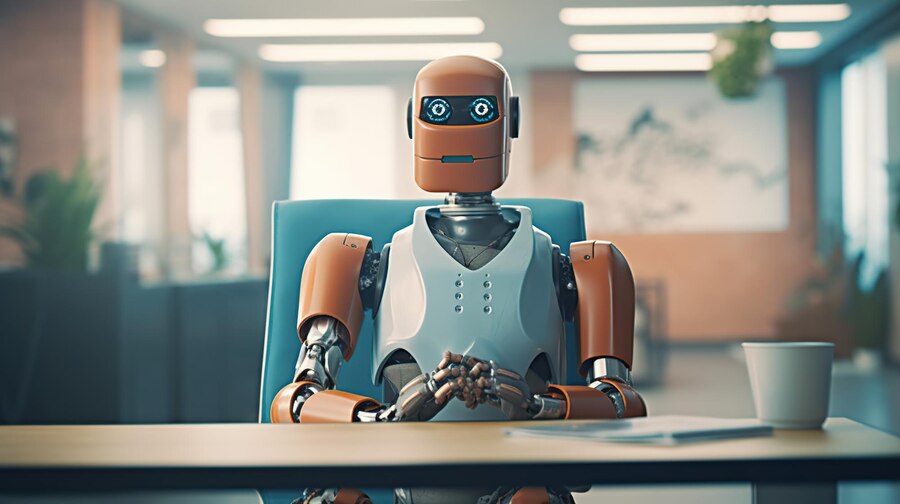 AI
AI
 AI
AI
 AI
AI
Humans still provide some compelling advantages over artificial intelligence-powered robots, and that may just help keep them in jobs for some time yet.
The fear of AI robots taking over people’s jobs has been a recurring theme in many industries, and with the recent advancements in the technology since last year, much of that anxiety has resurfaced. But most of us don’t have to be too concerned just yet, for it turns out that most jobs still currently cost far too much to automate with AI.
At least, that was the takeaway from a new study authored by five Massachusetts Institute of Technology researchers titled Beyond AI Exposure. The study took a deep dive into the practicalities of implementing AI systems to replace human labor in various industries, with a focus on tasks that require computer vision skills, such as those performed by property appraisers, teachers and bakers.
The report’s surprising finding was that just 23% of workers’ wages for such jobs could be cost-effectively replaced by AI systems. “Even with a 50% annual cost decrease, it will take until 2026 before half of the vision tasks have a machine economic advantage,” researchers wrote. “By 2042 there will still exist tasks that are exposed to computer vision, but where human labor has the advantage.”
According to the researchers, even if the cost of AI systems falls by 20% per year, it would still take decades for computer vision tasks to become more economically advantageous for most companies.
The study notably was financed by the MIT-IBM Watson AI Lab, and used online surveys to gather detailed information about 1,000 visually assisted tasks that span 800 different occupations. According to the study, just 3% of these tasks can be automated now in an economic way. However, this number could rise to 40% by 2026, assuming the cost of data is reduced over time, while its accuracy simultaneously rises.
The researchers offer some compelling reasons as to why AI probably won’t be stealing most people’s jobs anytime soon. Although AI systems are excellent at analyzing images and recognizing patterns within them, the technology behind such systems has hefty installation and maintenance costs.
So in many use cases, it will likely be more affordable to continue relying on human skills and intuition, the authors wrote. AI also has a problem with power consumption, and also creates significant implementation challenges.
One of the difficulties is that, unlike humans who have both conscious and subconscious thought processes, AI is constrained to using statistical and symbolic reasoning. It can still struggle to perform tasks that require implicit knowledge, as well as some kind of intuition or gut instinct, which often informs critical thinking and emotional intelligence in humans. AI will be unable to replicate such skills anytime soon, as they will remain irreplaceable in many industries.
That’s not to say AI won’t affect some jobs. The banking, marketing, healthcare, legal, retail and transportation industries have all been earmarked as prime candidates for increased automation, as many tasks associated with them are repetitive. As a result, the humans doing them can be cost-effectively replaced by machines.
For instance, a 2023 report by Goldman Sachs estimated that generative AI could affect up to 300 million jobs, or 18% of work globally. The MIT study also acknowledges that improvements in AI around the accuracy and efficiency of data could significantly increase the potential of automation. But for now, at least, the fear that AI will steal many jobs appears to be exaggerated.
THANK YOU